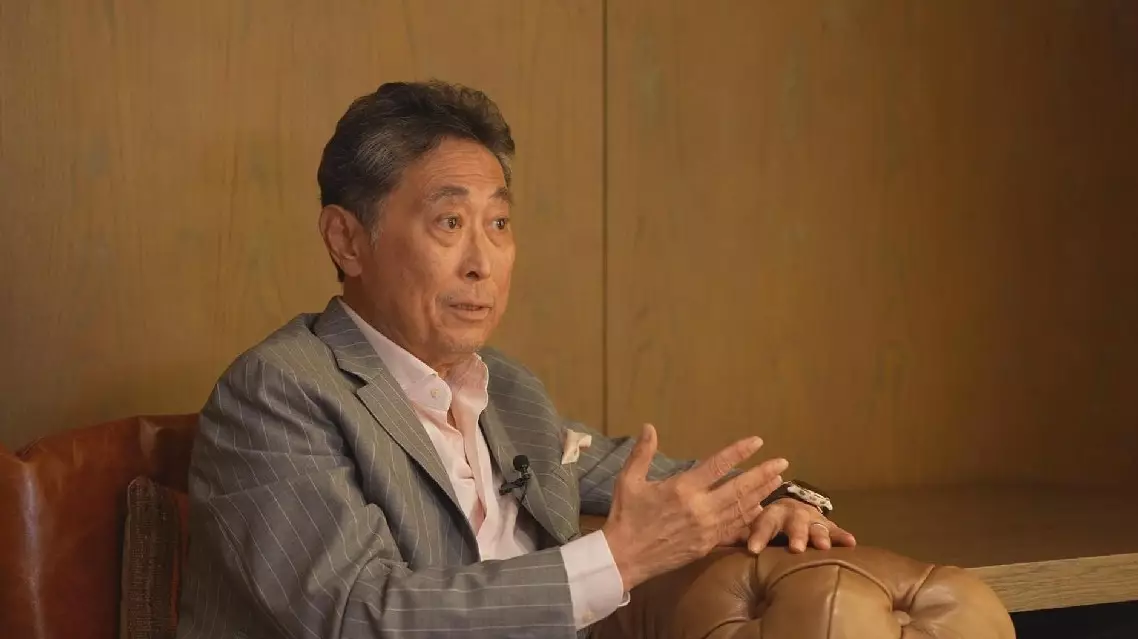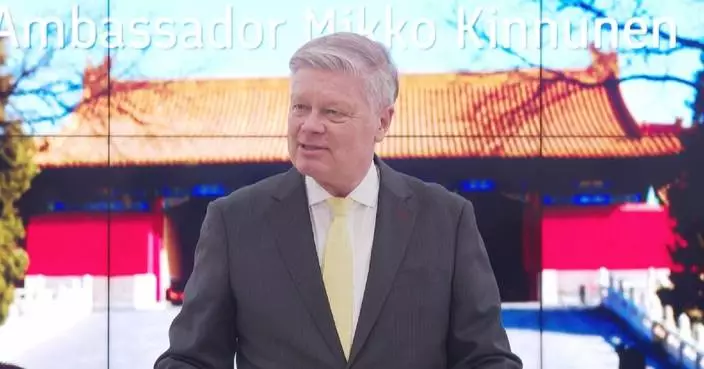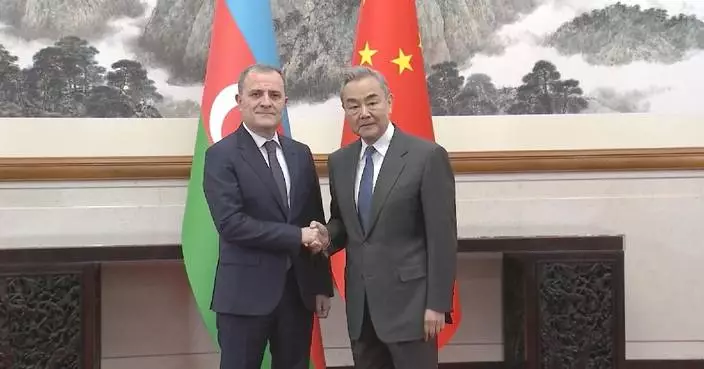A prominent figure in the global shipping industry has urged for a shift towards sustainability in business practices.
Chavalit Frederick Tsao is the chairman of Singapore-based Tsao Pao Chee Group (TPC), a fourth-generation family business founded in China in the late 1800s, and former head of The International Association of Dry Cargo Shipowners (INTERCARGO).
When speaking with the China Media Group's English-language channel CGTN, the businessman said that it is essential to align business ecosystems with global sustainability and explore new operation model in the industry.
"Shipping industry on sustainable shipping has a distinct focus on de-carbonization. The fuel, the engine, would it be a combined energy so there are also wind-assisted propulsion system…Everybody is trying to find a solution to net zero. There a lot of debate that the ships are putting a lot of pollution, the way we scrap, and ships should be really scrapped as the same as they built which is in shipyard, properly process things that has toxin if scrapped out, probably process and then digest into a recycling economy into the system. Almost 60 percent of shipping is fossil fuel related - coal, gas, oil, so forth. So that is expected to shrink. Now shipping industry is very sensitive to supply and demand, so we are expecting a shrinking of the demand and the reposition on new type of ships and new type of operation. That is the challenge the shipping industry has to face with regulation and with the market itself," he said.
Looking beyond immediate industry challenges, Tsao proposed a broader vision for sustainability which could benefit all in the maritime system.
"We can do restoring the oceans, creating new business model that restore at least the coastlines, seabed which includes a new way of doing fishing along the coast and creating new livelihood, new system for ESG (Environmental, Social and Governance) community that lives off the water to re-understand what wellbeing is and what happiness is, which United Nations call wellbeing and happiness economy GNH (Gross National Happiness)-led GDP. So this is the big picture that our industry's in," Tsao said.
However, the shipping tycoon also pointed to growing wealth disparities as a challenge to global sustainability efforts.
"I'm a family business that began from the Qing Dynasty (1636-1912). It's a very old-rooted family business. And family business is all about sustainability. China is the biggest investor of sustainability, contributing 50 percent of all government investment into sustainability with only 20 percent of population. Now the world become very wealthy, but 25 billionaires earn more and have more wealth than the bottom 50 percent of the global population. So how do you use business people to use wealth for good, to create wellbeing? This is what China is doing and asking business to do," Tsao said.

Shipping tycoon calls for sustainable future in maritime industry









